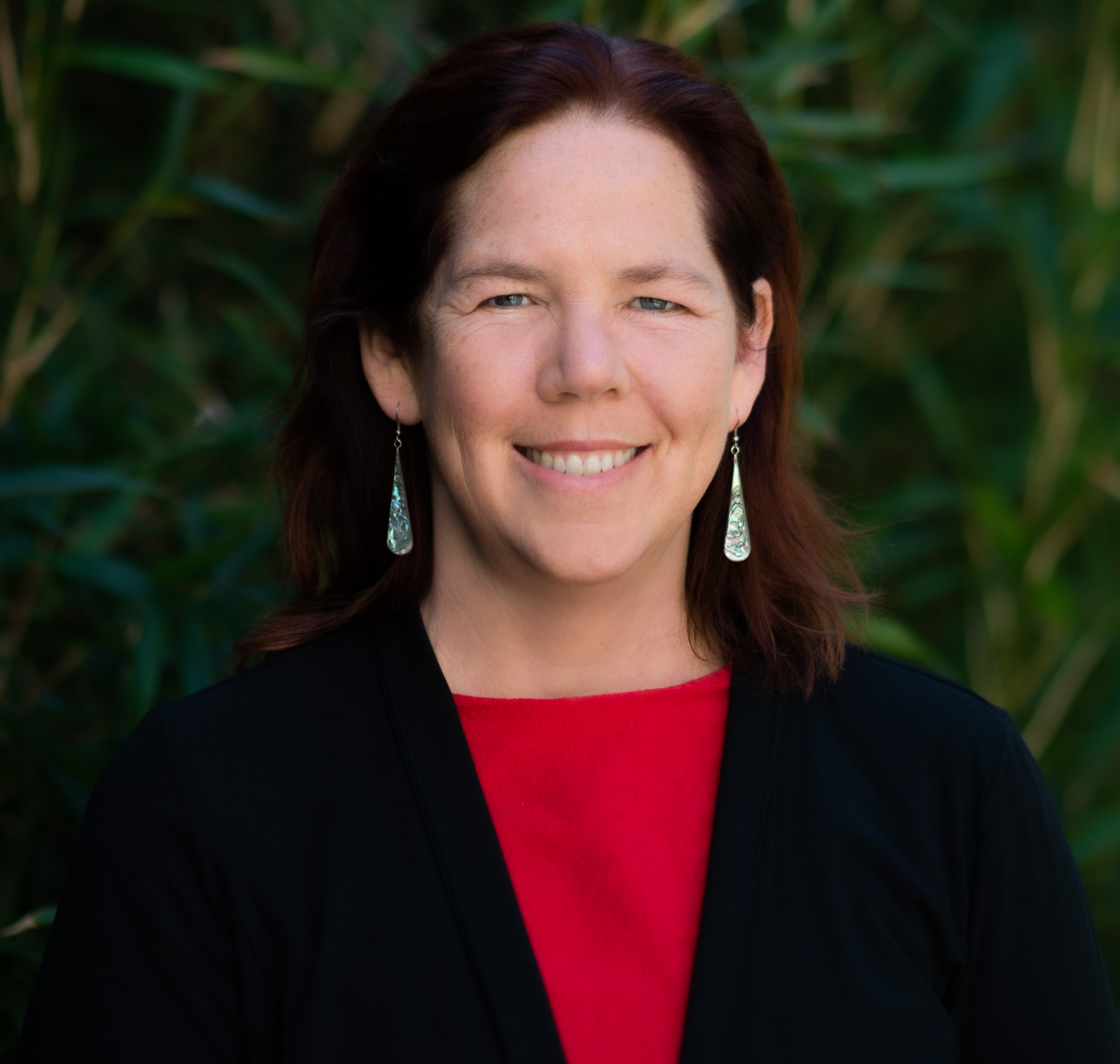Community Data Preservation: A Climate & Health Datathon

Join Countway librarians, members of the Public Environmental Data Partners, and fellow data enthusiasts to capture and preserve our public health care data in the CAFE Harvard Dataverse Collection. Celebrate Love Data Week by ensuring access to federal environmental data.
Health and environmental data is crucial to our work and our everyday lives. It is important that this invaluable public data is maintained and kept available in its true unaltered form for us now and in the future.
This is an open, three-hour event where we will chat about the importance of data preservation and good data management, then pivot to capturing crucial public health information, reports, and datasets for preservation in Harvard Dataverse. No data science skills are needed!
Speaker Information
Organizers
Harvard Chan i-Night 2026

The Harvard Chan Student Government Association’s i-Night is back for its 35th year!
Join us for an exciting evening of performances that celebrate and showcase the talents, cultures, and diversity of the Harvard T.H. Chan School of Public Health community!
Food and refreshments will be provided! Please RSVP to inform catering needs. Families and guests are welcome to join; up to two guests are allowed per student attendee. Children under 10 do not count towards the guest list.
Doors open at 6:30 p.m. and performances begin at 7:00 p.m.
Organizers
Alumni insights: Careers in entrepreneurship and innovation

Presented jointly with the Office of Career and Professional Development
Join a panel of Harvard Chan School alumni for an engaging discussion on bringing innovation and entrepreneurship to public health. Discover how they built their careers, what skills matter most, and how to apply their insights to your own professional journey in this candid conversation.
Register for free to submit your questions.
An on-demand video will be posted after the event.
Speakers
Hailey How
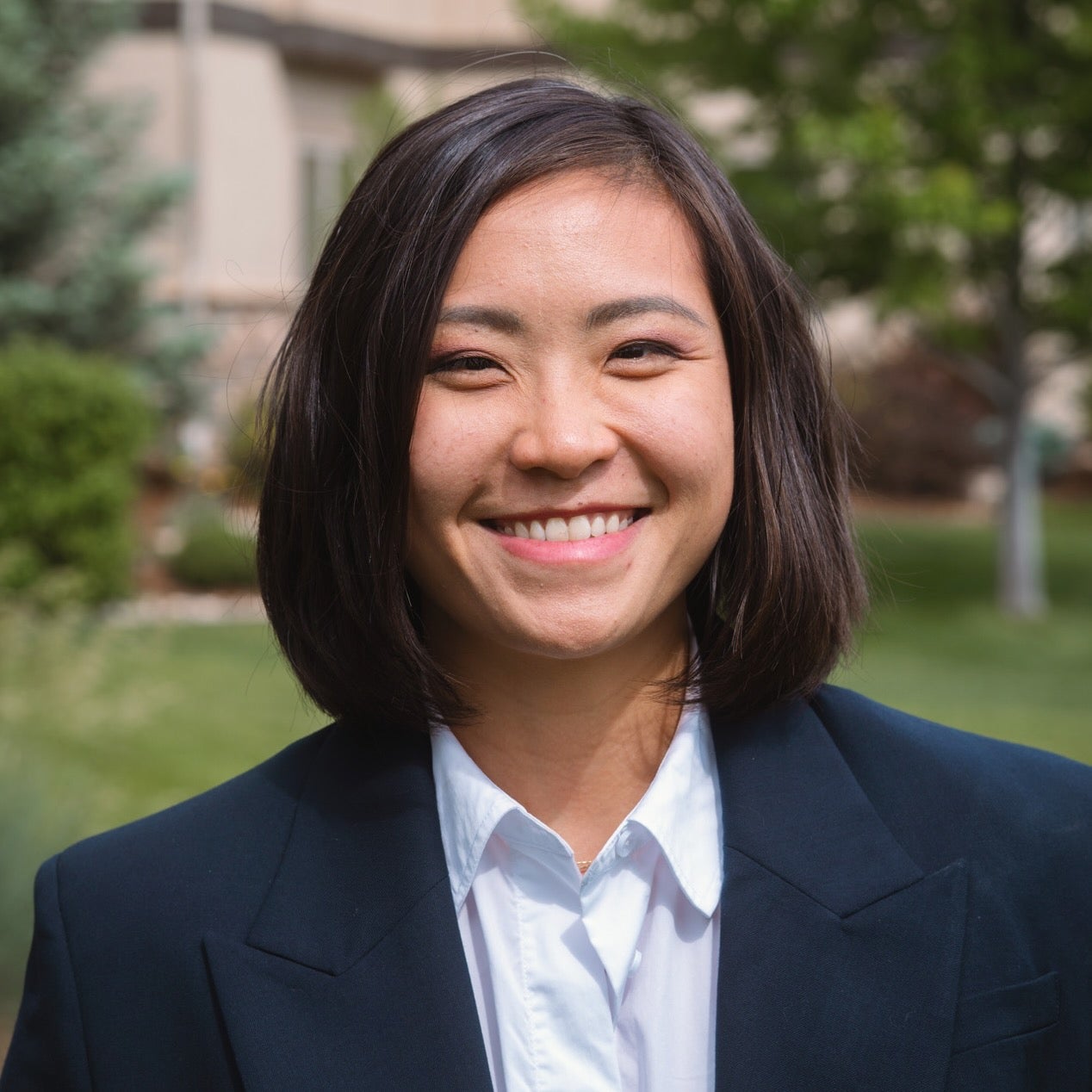
Ivan Hsiao
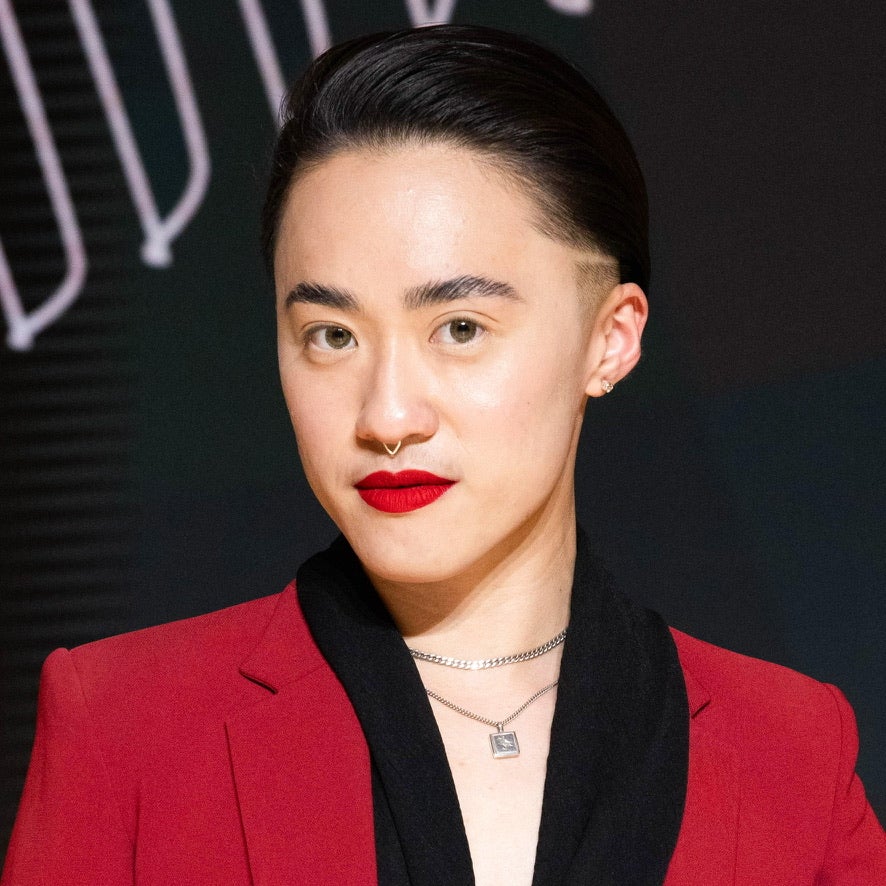
Amber Nigam
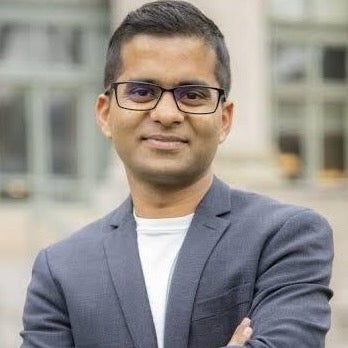
Fiza Shaukat
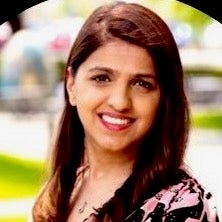
Moderator
David Garcia Lou
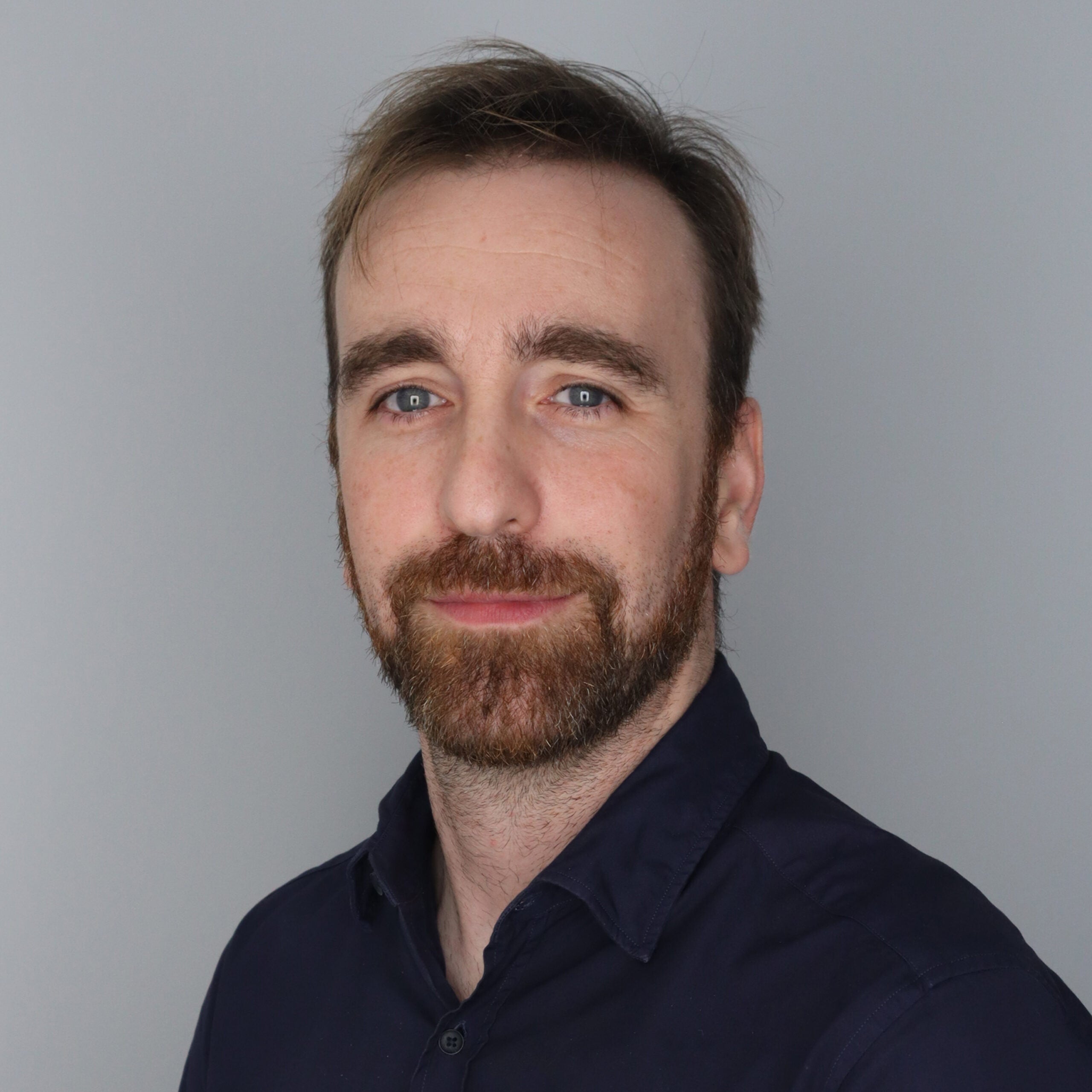
About The Studio
Africa Health Conference – Future-Proofing Africa: Investing in Impact and Innovation
Join us at the 2026 Africa Health Conference to explore innovative solutions to advance health in Africa by pre-registering by Sunday, January 18 HERE.
The Africa Health Conference is a dynamic platform that brings together experts, researchers, practitioners, students, and community stakeholders dedicated to advancing forward-thinking solutions for Africa’s evolving health challenges.
The 2026 conference will take place on Saturday, February 21, 2026, at the Harvard T.H. Chan School of Public Health, with an online attendance option available. This year’s theme is “Future-Proofing Africa: Investing in Impact and Innovation”. It builds on last year’s sessions that focused on adaptive strategies in health financing, technology, and resilience. This year, the conference will guide participants in reimagining Africa’s development landscape amidst a rapidly changing global context. We will move beyond traditional approaches to explore innovative financing mechanisms and highlight how African entrepreneurs, businesses, and creative thinkers are driving impactful solutions in various fields, from healthcare to technology.
For questions, please contact us hsphafricahealthconference@gmail.com or visit our website: https://africa-health-conference.hsph.harvard.edu/
Organizers
The Grand Challenge of Child Mental Health: Lessons from the Great Smoky Mountains Study
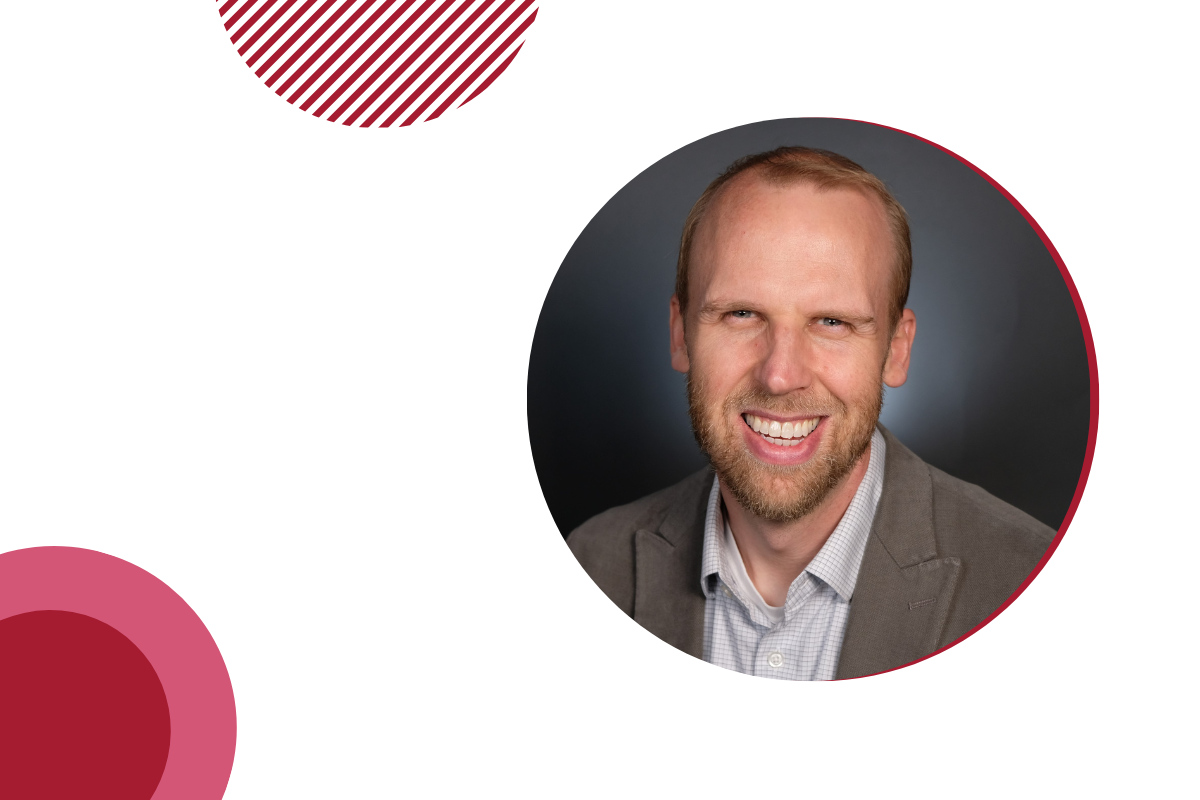
Join us on Wednesday, April 15th for a joint seminar between the Department of Epidemiology and the Maternal and Child Health Concentration featuring Dr. Bill Copeland discussing The Grand Challenge of Child Mental Health: Lessons from the Great Smoky Mountains Study.
Abstract: Child psychopathology is common, costly, and impairing. Indeed, the greatest burden of disease in the first 2 decades of life is related to mental health. This presents a great opportunity: Effective care for these diseases in childhood has the potential to mitigate and forestall later psychopathology (i.e., treatment as prevention). This talk will use data from a 30+ year psychiatric epidemiological study to demonstrate the ways in which this opportunity is often squandered contributing to misery, morbidity, and mortality in adulthood.
Bio: Dr. Copeland is a Professor of Psychiatry at the University of Vermont and the Thomas M Achenbach Chair in Developmental Psychopathology. He was trained as a clinical psychologist at the University of Vermont and then completed a postdoctoral fellowship in psychiatric epidemiology at Duke University Medical Center. He is the principal investigator of the prospective, longitudinal Great Smoky Mountains Study has been following 1420 participants in rural Appalachia for over 30 years to understand the long-term consequences of early adverse experiences and the development of mental illness. His research program has focused on understanding the developmental epidemiology of emotional and behavior problems across the lifespan. This work includes understanding the interplay between early adverse experiences and genetic vulnerability with other individual, family, and contextual characteristics.
His research has been supported by NIMH, NIDA, NICHD, NIA, and the Brain & Behavior Research Foundation. This program of research has led to over 180 peer-reviewed manuscripts including publications in JAMA, JAMA: Psychiatry, the American Journal of Psychiatry, Lancet Psychiatry, American Journal of Public Health, Molecular Psychiatry, Proceedings of the National Academy of Sciences and Nature Communications. His work has been covered in such national news outlets as Slate, the New York Times, TIME magazine and CNN. Dr. Copeland was named on the Clarivate Highly Cited Researcher list in 2017, 2019, 2020, 2021, 2022, 2023, and 2024.
Speaker Information
Bill Copeland, PhD
Organizers
Related Events
The Samuel L. and Elizabeth Jodidi Lecture with Atul Gawande
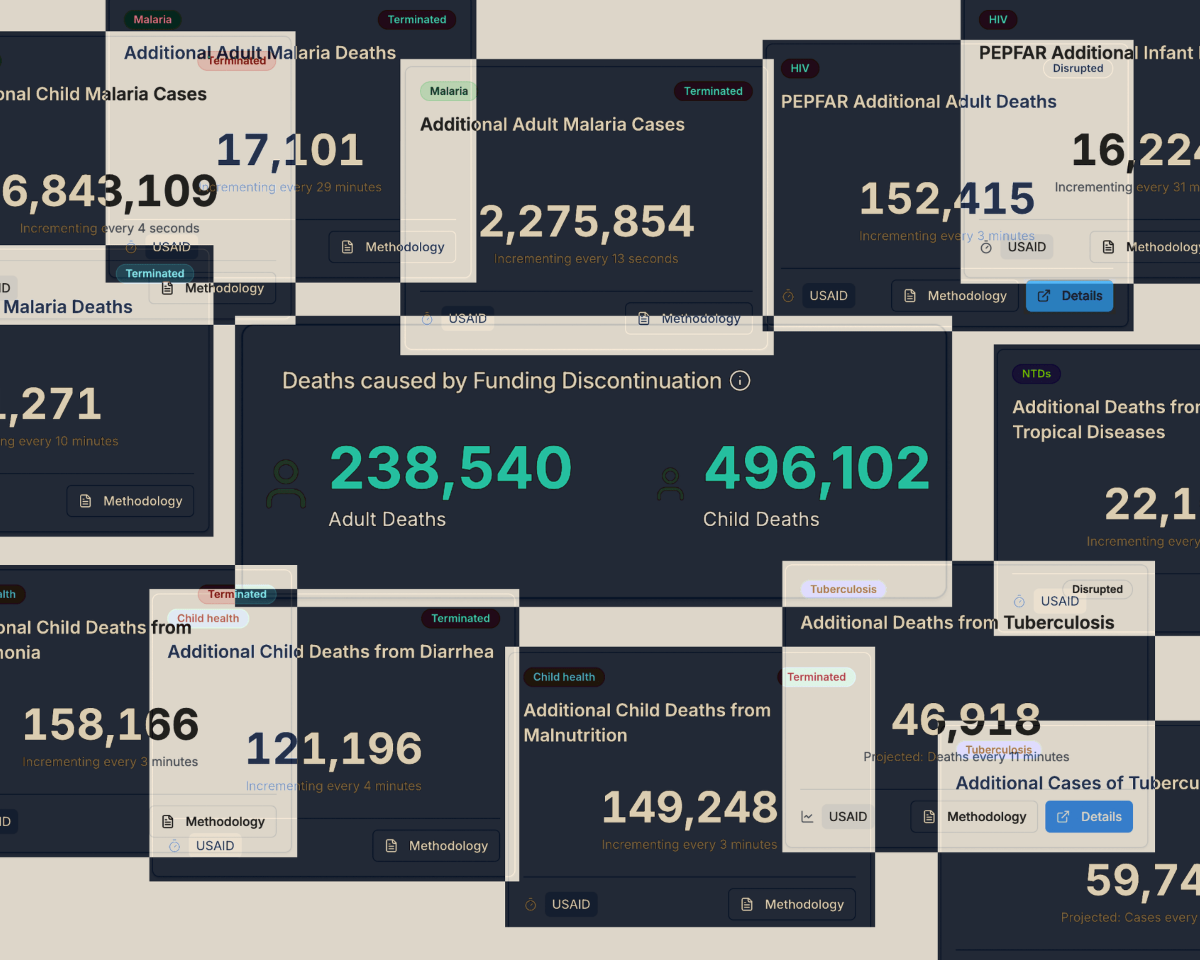
The Mechanics of Public Man-Made Death: USAID’s Destruction At One Year
The Trump Administration’s abrupt dismantling of the US Agency for International Development (USAID) has triggered a wave of already hundreds of thousands of deaths, mostly of children, around the world. Atul Gawande—former leader of global health at the agency—draws on data, historical parallels, and on-the-ground fact-finding to reveal how gains against malnutrition, infectious disease, and child mortality are being rapidly reversed. Gawande argues that this is a case of “public man-made death,” and calls for accountability and renewed commitment to lifesaving global health efforts.
This event is open to the public and will be recorded. Please register to attend. Please plan on being seated by 4:15 p.m. as the event will start promptly at 4:30 p.m.
Speaker biography:
Atul Gawande, MD, MPH, is a renowned surgeon, author, and public health innovator. He holds the John and Cyndy Fish Chair in Surgery at Brigham and Women’s Hospital and is the Samuel O. Thier Professor of the Practice of Surgery at Harvard Medical School. He was Assistant Administrator for Global Health at USAID from January 2022 to January 2025. Prior to that, he cofounded and chaired Ariadne Labs, a joint center for health systems innovation where he is now Distinguished Professor in Residence, and Lifebox, a nonprofit organization making surgery safer globally. From 2018–2020, he was CEO of Haven, the Amazon, Berkshire Hathaway, and JPMorgan Chase healthcare venture.
Dr. Gawande is also a longtime writer for The New Yorker magazine and has written four New York Times bestselling books: Complications, Better, The Checklist Manifesto, and Being Mortal. He is a member of the National Academy of Medicine and has won two National Magazine Awards, AcademyHealth’s Impact Award for highest research impact on healthcare, and a MacArthur Fellowship. And he is executive producer for three documentary films: the Emmy-nominated adaptation Being Mortal (2016), the Oscar-nominated film To Kill A Tiger (2024), and The New Yorker film Rovina’s Choice (2025).
Speaker Information
Chair
Organizers
US Life Table Program: Data Challenges, Methodological Solutions, and Moving into the Future
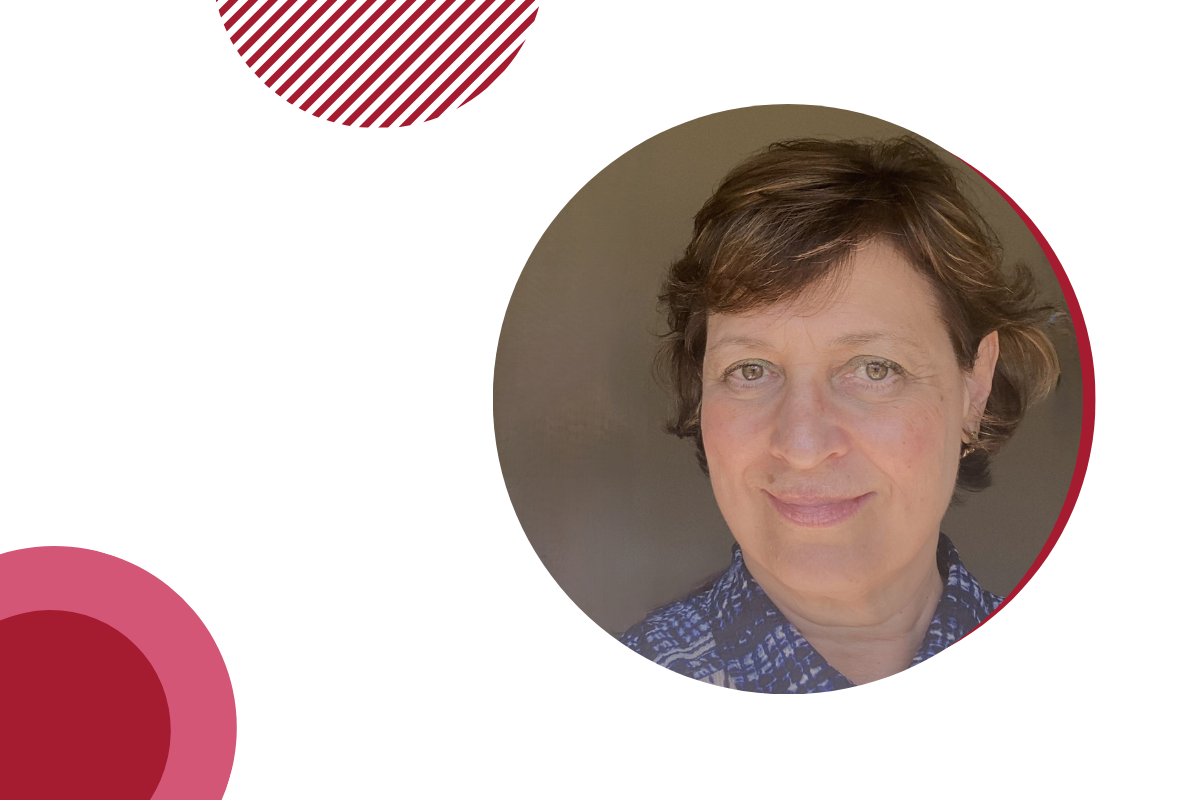
Join us on Wednesday, March 25th for the Department of Epidemiology seminar series featuring Dr. Elizabeth Arias discussing US Life Table Program: Data Challenges, Methodological Solutions, and Moving into the Future.
Abstract: The presentation will provide a historical overview of the US Life Table Program and a summary of the data challenges and methodological solutions employed over the years. The talk will include a description of the US National Vital Statistics System with its inherent challenges and limitations. Specific topics covered will include old age data quality, racial and ethnic misclassification, and small geographic area estimates. The goals for the future of the program will be discussed.
Bio: Dr. Elizabeth Arias is the Director of the US Life Table Program and the Mortality Statistics and Research Team Lead in the Division of Vital Statistics, at the National Center for Health Statistics (NCHS). Dr. Arias received her Ph.D. in Sociology (Demography) from the University of Wisconsin-Madison. At NCHS, Dr. Arias has worked to expand the US Life Table Program’s racial, ethnic, and geographic coverage, developing methods to address data quality limitations. Under her leadership, the program has expanded from two race groups to five race and Hispanic origin populations, annual state life tables, and life tables by census tracts. Dr. Arias also conducts research on racial and ethnic mortality disparities with a special focus on the Hispanic population.
Speaker Information
Elizabeth Arias, PhD
Organizers
Related Events
Cross-Disorder Genetics of Psychiatric Disorders: Findings and Methodologic Challenges
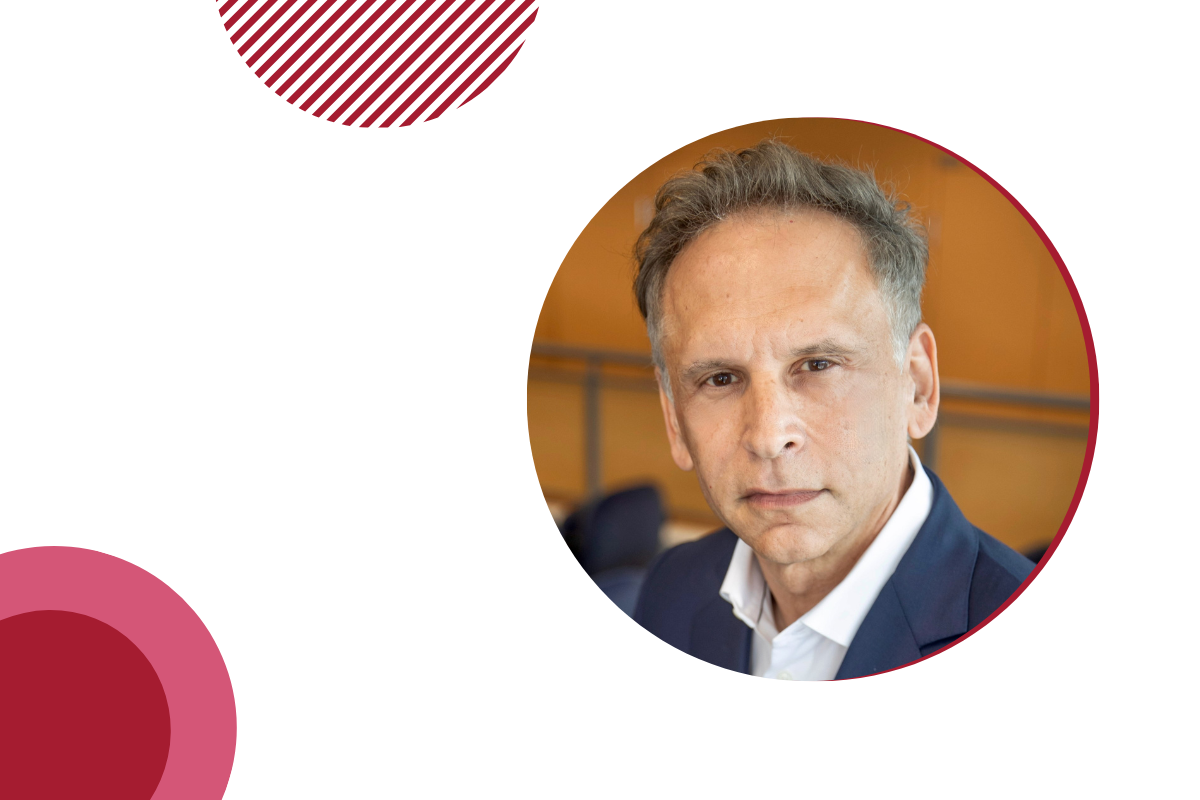
Join us on Wednesday, March 11th for the Department of Epidemiology seminar series featuring Dr. Jordan Smoller discussing Cross-Disorder Genetics of Psychiatric Disorders: Findings and Methodologic Challenges.
Abstract: Psychiatric disorders are highly comorbid, heritable, and genetically correlated, raising fundamental questions about the nature of shared versus disorder-specific genetic influences. Large-scale genome-wide association studies and multivariate genetic models now provide compelling evidence for both pervasive pleiotropy and meaningful etiologic differentiation across major psychiatric disorders. This seminar will review key findings from recent cross-disorder genetic analyses including recent work characterizing shared and disorder-specific genetic architecture using multivariate genomic approaches. We will also discuss methodological challenges that complicate cross-disorder inference, including heterogeneity in phenotypic assessment, differences in case and control ascertainment, and selection biases inherent in clinical cohorts, electronic health records, and population biobanks. Addressing these challenges will be important for robust and clinically-meaningful inferences about the underlying structure of psychopathology.
Bio: Dr. Jordan Smoller is a psychiatrist, epidemiologist, and geneticist whose research focus has been understanding the genetic and environmental determinants of psychiatric disorders across the lifespan and using big data to advance precision mental health including improved methods to reduce risk and enhance resilience.
Dr. Smoller is Professor of Psychiatry at Harvard Medical School and Professor in Epidemiology at the Harvard T.H. Chan School of Public Health. At Massachusetts General Hospital, he is the Jerrold F. Rosenbaum Endowed Chair in Psychiatry, Director of the Center for Precision Psychiatry, Director of the Psychiatric and Neurodevelopmental Genetics Unit in the Center for Genomic Medicine, and co-Director of the Center for Suicide Research and Prevention at MGH and Harvard. Dr. Smoller is a Tepper Family MGH Research Scholar and also serves as Director of the Omics Unit of the MGH Division of Clinical Research and co-Director of the Mass General Brigham Training Program in Precision and Genomic Medicine. He is an Associate Member of the Broad Institute and past President of the International Society of Psychiatric Genetics.
He has played a leading role in national and international efforts to advance precision and genomic medicine. He is a Principal Investigator (PI) in the eMERGE (Electronic Medical Records and Genomics) network, founding PI of the PsycheMERGE Consortium and lead PI of the New England Precision Medicine Consortium as part of the NIH All of Us Research Program. He is also co-Chair of the Cross-Disorder Workgroup of the Psychiatric Genomics Consortium (PGC). He is an author of more than 650 scientific publications and is also the author of The Other Side of Normal (HarperCollins/William Morrow, 2012).
Speaker Information
Jordan Smoller, MD, ScD
Organizers
Related Events
Some Recent Results on the Epidemiology of Dementia
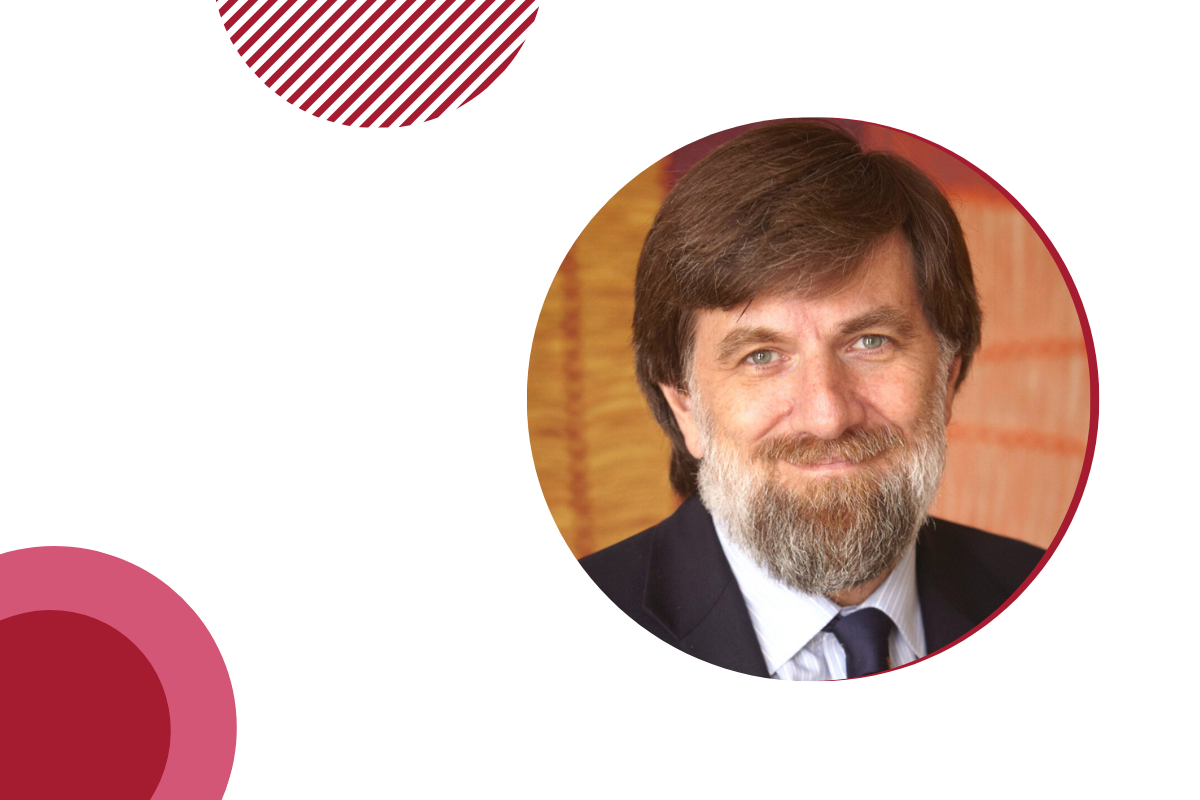
Join us on Wednesday, April 1st for the Department of Epidemiology seminar series featuring Dr. David Hunter discussing Some Recent Results on the Epidemiology of Dementia.
Abstract: Studies of the epidemiology of Dementia are complicated by the fact that until recently the two main subtypes – Alzheimer’s Disease and Vascular Dementia could not be readily distinguished clinically, and may have distinct etiologies. Although that has changed somewhat with the advent of PET scans and CSF biomarkers, these are not yet used in routine clinical practice that is reflected in the clinical records that are available in large-scale observational databases such as the UK Biobank. I will discuss some recent collaborative studies in the Department of Population Health at Oxford and elsewhere that both illustrate these issues, and seek to help resolve them.
Bio: David Hunter is the Richard Doll Professor of Epidemiology and Medicine and Director of the Translational Epidemiology Unit at Oxford Population Health, the Nuffield Department of Population Health, University of Oxford, UK. He founded the Program in Genetic Epidemiology and Statistical Genetics at Harvard and was co-chair of the steering committee of the Breast and Prostate Cancer Cohort Consortium at the National Cancer Institute. He was co-director of the NCI Cancer Genetic Susceptibility Markers project focused on genome-wide association studies, and Dean for Academic Affairs and Acting Dean at the Harvard TH Chan School of Public Health. He is the founding Chief Science Advisor of Our Future Health a major new national initiative in the UK that aims to return genomic information to consenting participants. He was elected Fellow of the Academy of Medical Sciences in 2021 and appointed as a Companion of the Order of Australia in the Australian King’s Birthday Honours List in 2023.
Speaker Information
David Hunter, ScD, MPH
Organizers
Related Events
Brown Bag Seminar: Evidence triangulation in dementia research
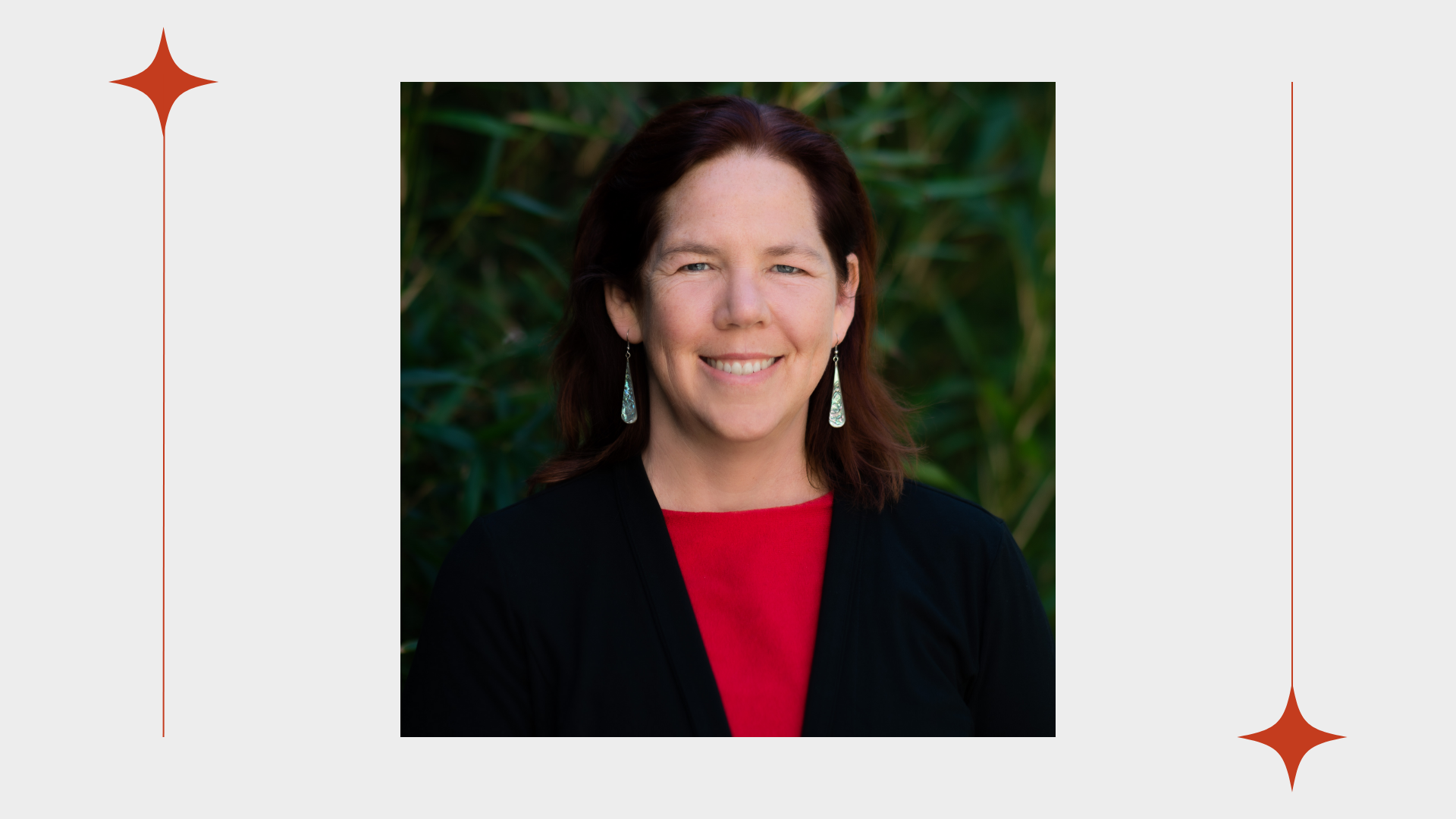
Maria Glymour is professor and chair of the department of epidemiology at Boston University School of Public Health. Her research examines how social factors experienced across the life-course, from infancy to adulthood, influence cognitive function, dementia, stroke, and other health outcomes in older adults. A separate theme of her research focuses on overcoming methodological problems encountered in analyses of the social determinants of health, Alzheimer’s disease, and dementia.
Speaker Information
Maria Glymour
